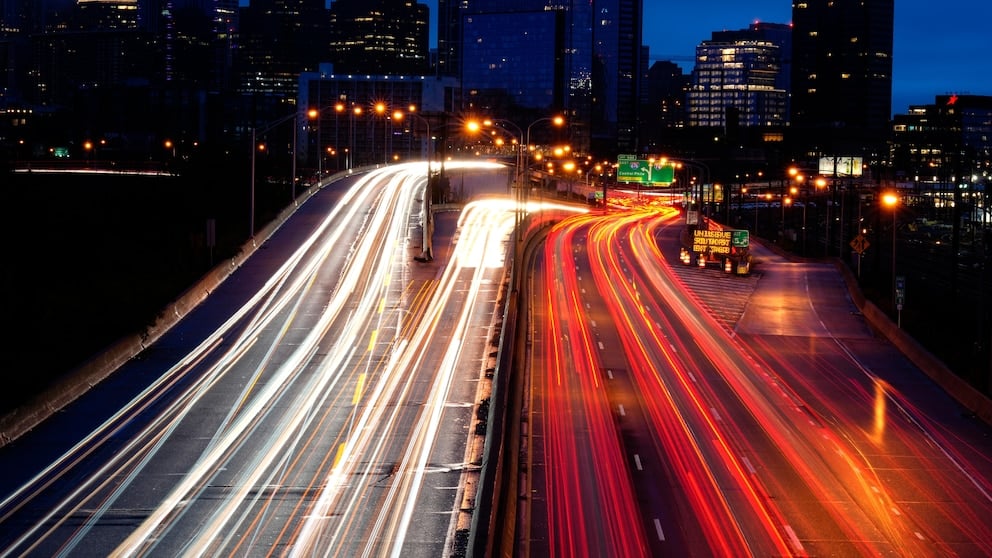The negative impact on the climate from passenger vehicles, which is considerable, could have dropped by more than 30% over the past decade if not for the world’s appetite for large cars, a new report from the Global Fuel Economy Initiative suggests.
Sport utility vehicles, or SUVs, now account for more than half of all new car sales across the globe, the group said, and it’s not alone. The International Energy Agency, using a narrower definition of SUV, estimates they make up nearly half.
Over the years these cars have gotten bigger and so has their cost to the climate, as carbon dioxide emissions “are almost directly proportional to fuel use” for gas-powered cars. The carbon that goes in at the pump comes out the tailpipe.
Transportation is responsible for around one-quarter of all the climate-warming gases that come from energy, and much of that is attributable to passenger transport, according to the International Energy Agency.



My wife used to drive a Smart Car for work in Boston. Smart is owned by Mercedes, and they shuttered their Boston Smart dealership a few years ago. There was virtually zero demand for them in the area, despite being perfect city vehicles.
My wife and I would regularly drive it in the city and never had an issue finding parking. I couldn’t tell you how many times we encountered SUVs trying to squeeze into a tight parking spot and eventually giving up, only for us to pull in and park with no problem.
As the owner of a 2016 smart fortwo, they are too expensive, and servicing can be expensive due to mercedes benz. Cute cars, but the price sucks.